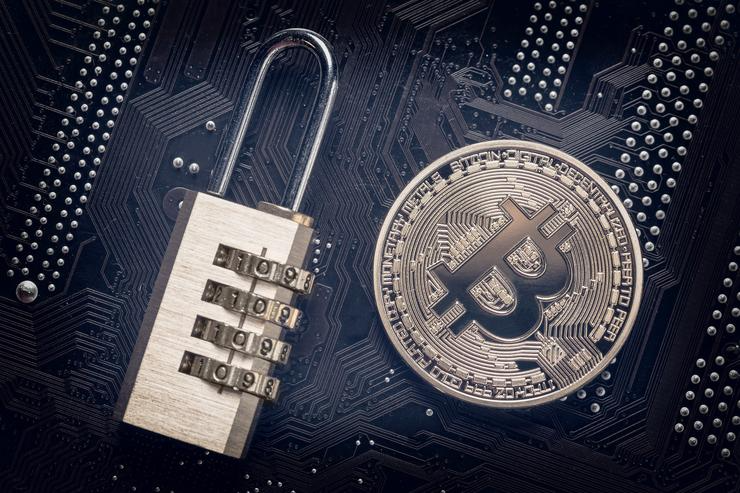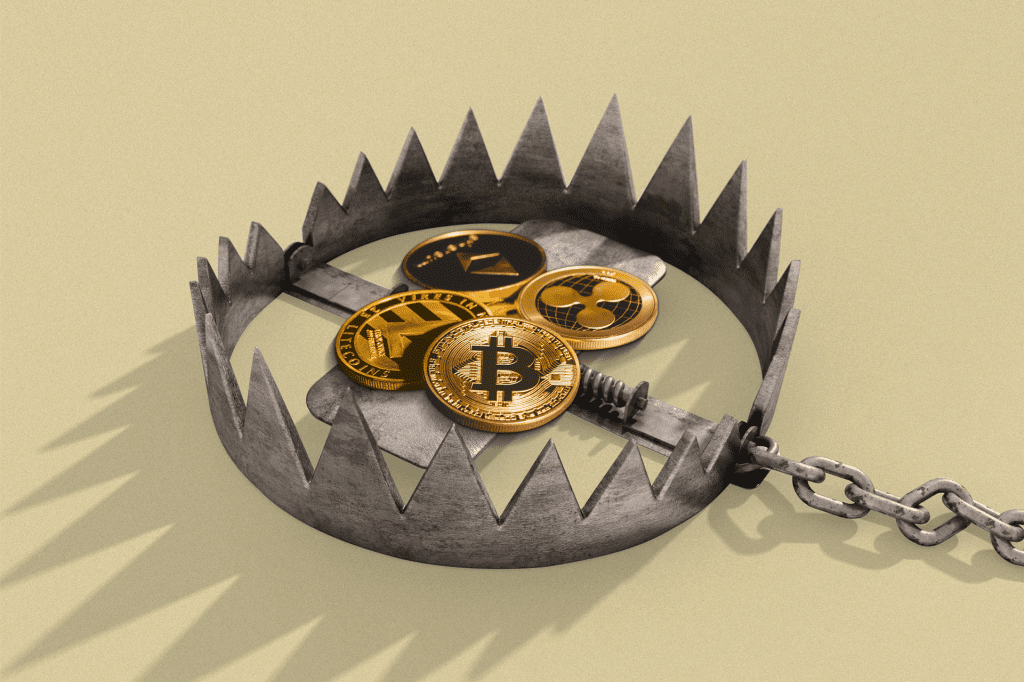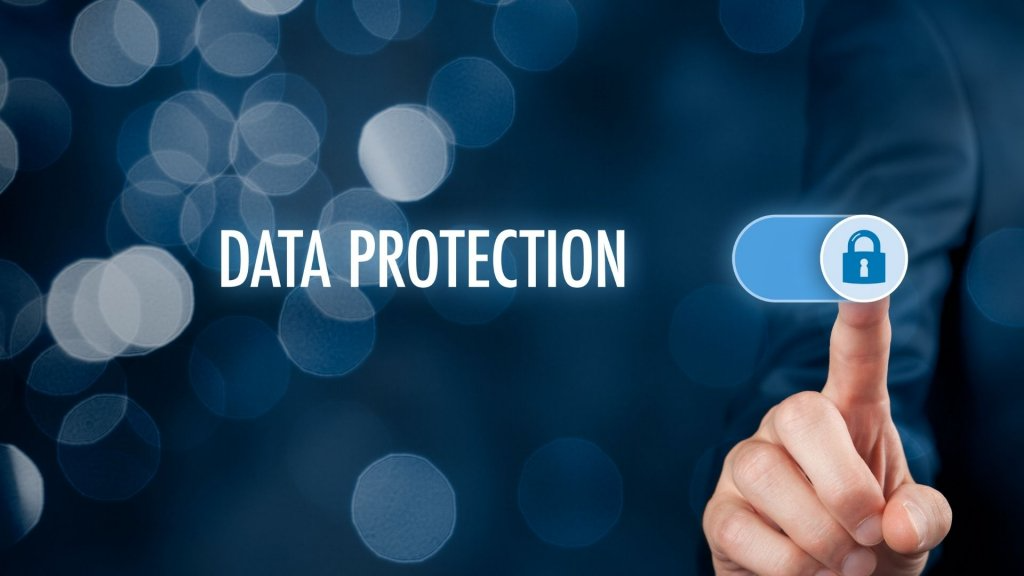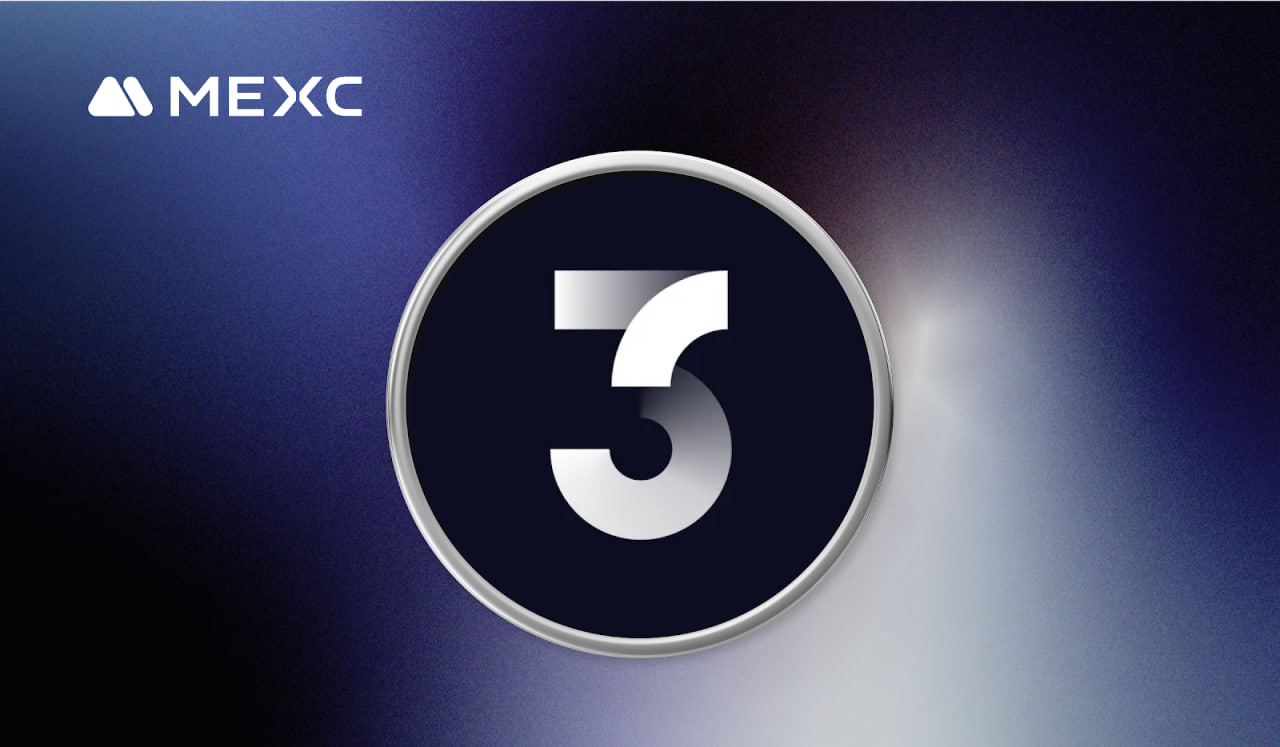We explored seven security methods for personal crypto assets in the first and second articles. This article will cover the last three methods to help users protect their assets.

8. Balance the risks of too complex protection to prevent asset loss
Complexity is the enemy of security, especially for the average individual user. The main risk addressed in many of the security measures mentioned above is preventing crypto assets from being stolen, whether stolen on the exchange or in real life – though the security measures that are too complex can pose a greater risk.
While most users are properly concerned with crypto theft, the risk is even greater. The data files are lost continuously. If they contain cryptocurrencies, the loss is much more painful. To secure their crypto wallets, users must be extra careful not to go too far and lose their crypto.
In July 2011, a popular cryptocurrency education and awareness project lost nearly 7,000 cryptocurrencies. To prevent theft, the owners made a series of complex encrypted backups. In the end, they accidentally lost the encryption keys, rendering the backups worthless and losing a large chunk of their wealth. Just like hiding money by burying it in the desert, if you secure your cryptocurrency too well, you may not find it anymore.

A critical security consideration often overlooked is mortality, especially if the critical holder becomes incapacitated or dies. Cryptocurrency users must use complex passwords and keep their keys safe and private, not share them with anyone. Unfortunately, that practice makes it nearly impossible for the user’s family to recover any funds if the user is not present to unlock it.
In most cases, families of crypto users may be completely unaware of the existence of crypto funds. If you have a lot of cryptos, you should consider sharing access details with a trusted relative or attorney. A more complex survival plan can be established with multi-signature access and estate planning through an attorney specializing in “digital asset enforcement.”
9. Personal data protection and crypto-related privacy issues
Individuals own their data and crypto assets. Personal data protection is a sensitive topic. Even a tiny trace can help identify and associate your personal information (PII) in the crypto world with your cryptocurrency.
For example, your online username/ID on crypto community forums, your IP address, smartphone device information, your unique information trading platform, or even if you accidentally mention the type and amount of cryptocurrency you own on social media.

Information about whether you are the owner of a specific wallet address, the cryptocurrency service provider (trading platform or wallet) you use, and even your attendance at a private crypto conference… All these personal data can easily be obtained by unscrupulous individuals looking for easy targets of theft.
Protecting your privacy is part of securing crypto assets, but it’s also the only way you can avoid conflicts between the encrypted virtual world and the real world.
10. Living in the crypto world, you will need a security expert friend
“My deposit was transferred to someone else’s address.”
“The trading platform customer support informed me that I have been hijacked by malware and will need to use anti-virus software and check the browser plugin immediately.”
“What is cache hijacking malware, and what should I do?”
Users in the digital world face the same problems as in the real world, especially regarding security. They have a lot of unanswered questions and no one to find out. Perhaps, having a friend who is a security expert in your daily life will make things much less complicated.
Conclusion
According to Statista, the number of blockchain wallet users as of April 2021 is over 71 million. Cryptocurrency is an entirely new, unprecedented, and complex technology. For now, crypto users can use many tips to engage in a safe and trouble-free crypto experience.
DISCLAIMER: The Information on this website is provided as general market commentary and does not constitute investment advice. We encourage you to do your own research before investing.
Join CoinCu Telegram to keep track of news: https://t.me/coincunews
Follow CoinCu Youtube Channel | Follow CoinCu Facebook page
Harold
CoinCu News

















